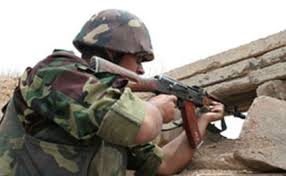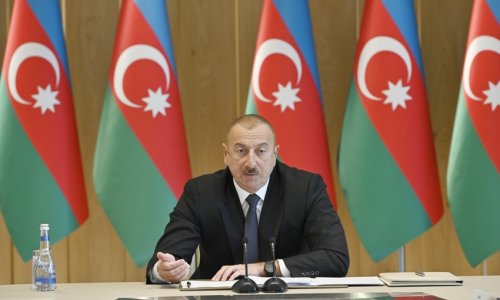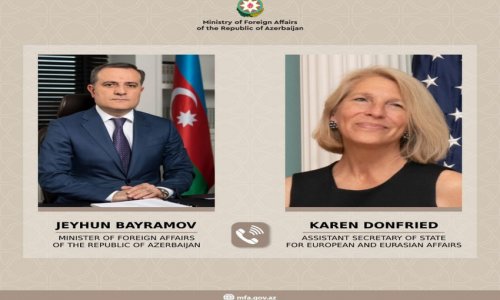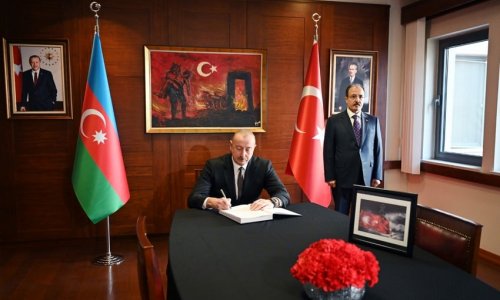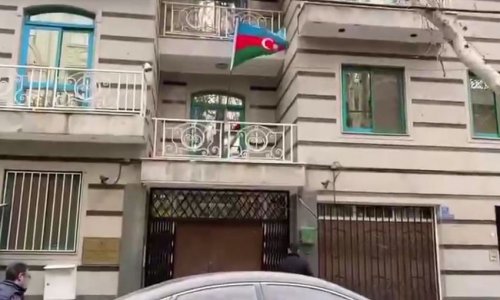The ministry said "the positions of the Azerbaijani Armed Forces were under fire from the opposing positions, located near and at heights in Nagorno Karabakh and neighboring areas," which are controlled by the Armenians.
The situation along the line of engagement in the Nagorno-Karabakh conflict zone deteriorated dramatically overnight to April 2 when fierce clashes began. The parties to the conflict accused each other of violating the truce.
On April 5, Azerbaijan's Chief of Staff Nadjmeddin Sadykov and his Armenian counterpart Yury Khachaturov met in Moscow with Russia's mediation. At the talks the sides came to an agreement on cessation of hostilities at the line of engagement between Azerbaijani and Armenian forces. On the same day, the two countries' defense ministries announced that the ceasefire regime in Nagorno-Karabakh would start at 12am local time. Since then, the parties to the conflict have been accusing each other of violating the ceasefire agreement.
On May 16, presidents of Armenia and Azerbaijan met in Vienna. Serzh Sargsyan and Ilham Aliyev agreed to "make steps to monitor observance of agreements on ceasefire and introduce a mechanism on investigating incidents."
The Nagorno-Karabakh conflict
The highland region of Nagorno-Karabakh (Mountainous Karabakh) is a mostly Armenian-populated enclave inside the sovereign territory of Azerbaijan. It was the first zone of inter-ethnic tensions and violence to appear on the map of the former USSR.
Even almost a quarter of a century after the breakup of the Soviet Union, Karabakh remains a so-called 'frozen conflict' on the post-Soviet space, as the region is the subject of a dispute between Azerbaijan and the local Armenian population that draws on strong support from fellow-countrymen in neighboring Armenia.
In 1988, hostilities broke out there between the forces reporting to the government in Baku and Armenian residents, which resulted in the region's de facto independence. In 1994 a ceasefire was reached but the relations between Azerbaijan and Armenia remain strained ever since then.
Russia, France and the U.S. co-chair the Minsk Group of the Organization for Security and Cooperation in Europe, which attempts to broker an end to hostilities and the conflict. --0--kar
www.ann.az
Follow us !

